
We are considering How to Paint for the Prize - my advice to artist who wish to do their best work. Improvement happens with practice and over time, but what else can you do to "bring up your game?"
The outline for this series is as follows:
Focus
Commit
Content (have ideas)
Narrow the time frame
Edit
The most important area to consider is content. It goes to the aesthetic ideas that you have, and the particular thoughts you want to communicate through your work.
While I focused my recent series on one subject, the river, I was also compelled to clearly present a set of ideas. Why? Because I felt that if I adhered to certain clearly thought out ideas, my audience would treat the series as a whole and travel farther into my work. In short, they could understand it better, and also feel connected to the artist's ideas.

Philosophies of art distinguish between form and content. Form considers the marks and material parts of a painting, and includes the formal aspects such as shape, line and value. Consider abstract aspects of a painting as formal qualities. Content, simply put, is the artist's meaning - the ideas that he has.
What kinds of ideas are we talking about, here? Is it enough to represent one's subject as well as possible? I think in this day and age, most can see the thinness of this as a basic idea. More complete ideas are required.
What about quality, or technical skill? It is important, and rigor in art is foundational. But, artists who have been at their work for some time admit that technique is a small part of their presentation. And, I think, technique can help in the presentation of one's ideas, but it can sometimes stand in the way, too. A great resolve may be just what your painting doesn't need, especially if it paves over the first emotions you brought to the work.

Here are some of my thoughts on painting:
- A painting must become more than the sum of its parts.
- A painting is a history of what happened to the artist.
- An artist should communicate his ethos through his art.
- I believe that a painting should affirm the personal.
What are my ideas in the River Series? I'll tell you in the next post. I notice here that my decision to occupy the space that straddles traditional and modern ideas convinces about 9% of the audience of interested viewers. Y-A-W-N...

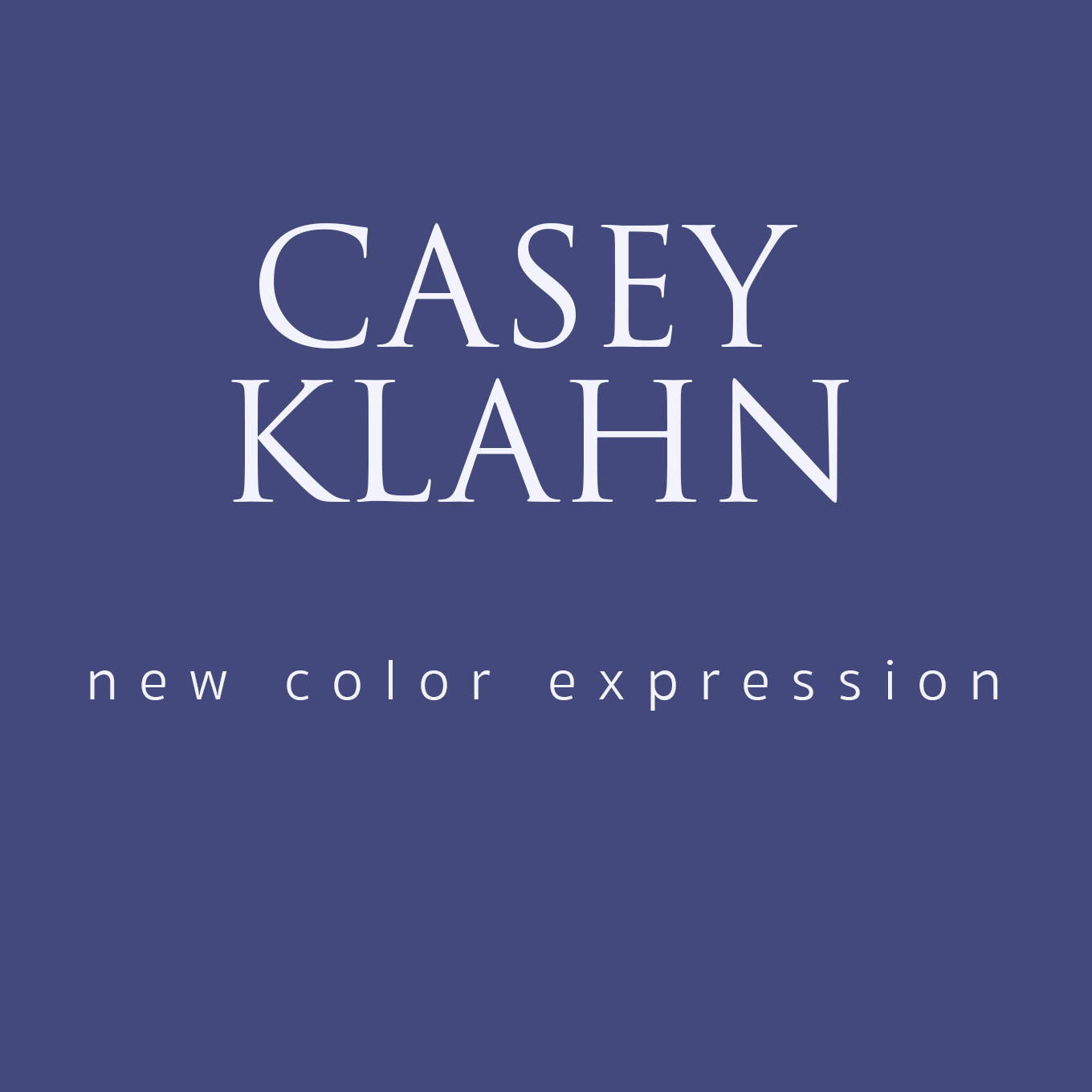
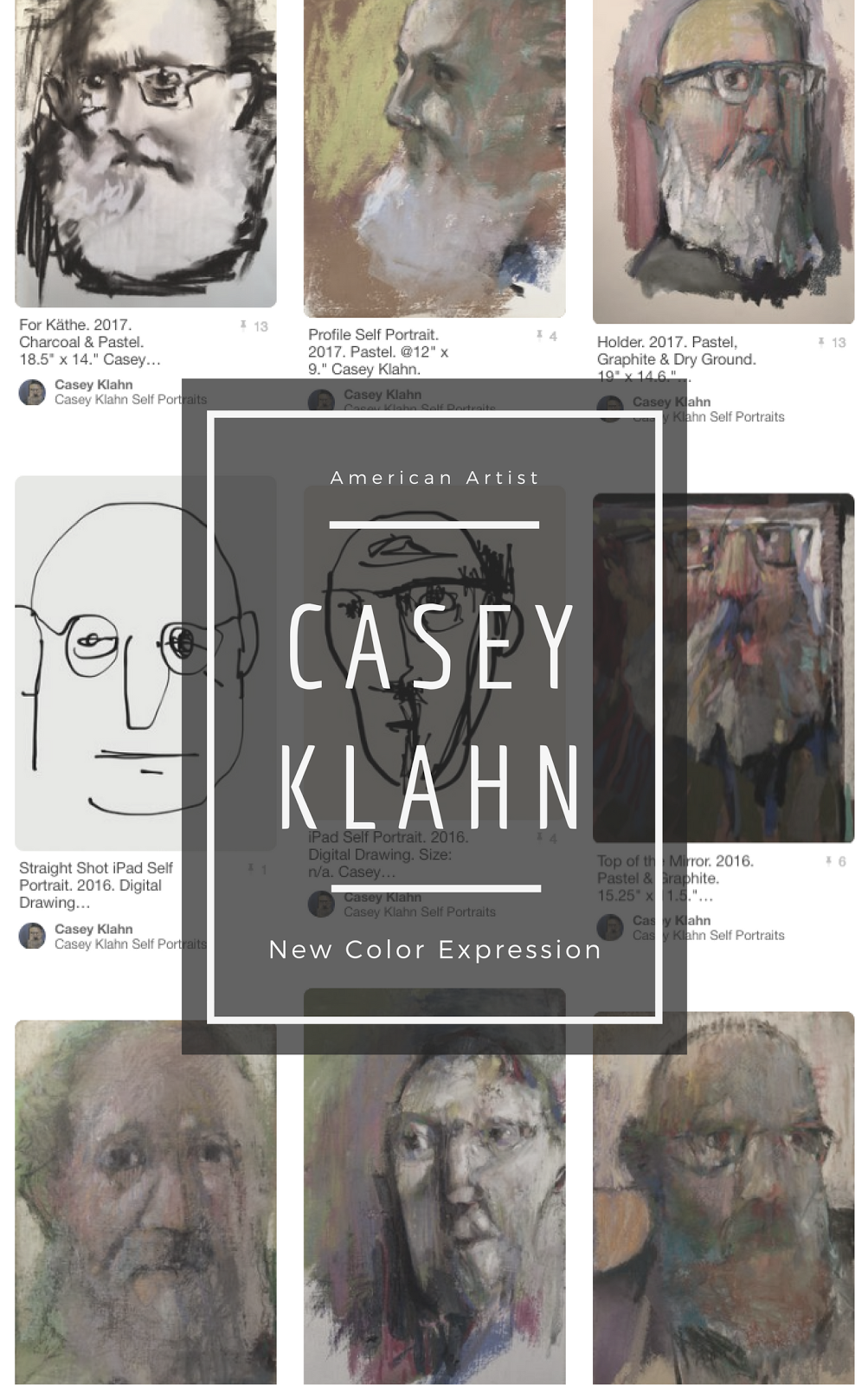








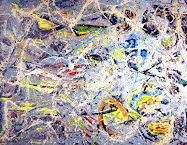
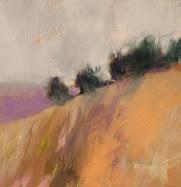
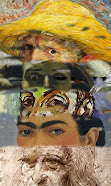






12 comments:
Great start to this topic Casey. I'm looking forward to reading more. When I first started painting many years ago and was frustrated by my lack of technical ability, a mentor said to me "You have ideas- that's what is important.Technique will always catch up to great ideas." I've never forgotten it!
I had mentors at the last show who were placing technique in the 5 or 10% of importance for painting. I was very surprised.
This really resonates with me Casey. This past year - and still - I'm frustrated by such things as finding the right medium and nailing the paint quality. But from the start my ideas felt right and that's given me a lot of confidence.
Diane Widler Wenzel makes the following comment (which I accidentally deleted:
Your color and drawing speaks to me of your emotional energy. The feelings you express in your river series make the paintings winners.
I am appreciating this thoughtful piece, and it is helping me think through some things of which I have been considering.
Well written post, sparsely pruned down ... a difficult thing to write about, well at least for me!
I'm looking forward to reading what you have say about your ideas & their relationship to your work/creative process. Bonne courage! I did note that you preferred to use music, songs to accompany the images' presentation & not written explications.
>>>>>>>>>>>>>>>
Just wondering...
Isn't it kind of dangerous to separate form & content? You know the song line that goes 'it ain't what you do, it's the way that you do it' ie style is in itself content.
Glad the ideas are flowing, Carole.
Yes, Adam, the songs had a set of ideas, too - a string that ran through them. Trouble with that is that they drift away from the river ideas - no analogy is ever complete, eh?
Style is itself content...that's true, esp. since our Modernists have taught us their ideas on this.
I read a disturbing one the other day where the pundit thinks no meaning at all is best. That would be an extreme I disagree with, too.
Thanks; I needed that! Very thoughtful and well-put, Casey. I look forward to more. Best of all, you make me enthusiastically anticipate my own work.
Hi, Sam.
That is an encouragement to me, too.
Hi Casey,
I love reading the stuff you have been writing. I fully agree; technical skill can get it the way and rather and become empty that is if not fueled by some real concept, something bigger.
And along the same line- Subject seems to be a big part of content, but not in the way people often think of it, not (as you say) as a representation of the subject. To me it seems to be more of an emotional understanding, that’s why often the same subject matter, like the river, works. It becomes like a lover, someone you don’t need to explain things too, instead you breathe together and push each other into new unexplored realms. The audience can be then connected to the painting through his or her unique response. Does that make sense ?
Loriann
And I think keeping one's subjects narrow - in the series, and in life, allows you to see more deeply over time. If it isn't interesting, you won't stick with it.
Good words, Loriann. You're on my blog list/thumbs, now, BTW. You and Vincent.
Thanks Casey for the add and with such delightful company. You mad my day!
I agree with you again narrowing is the key. Because it is through narrowing that we see full width and breath. Did I ever tell you that when I painted for my masters thesis I painted only one pot of mums for a solid two years? Painting the mums quickly became a non issue. The real subject matter and continuing widening of focus and understanding happened through those mums.
I know you get it.
Post a Comment